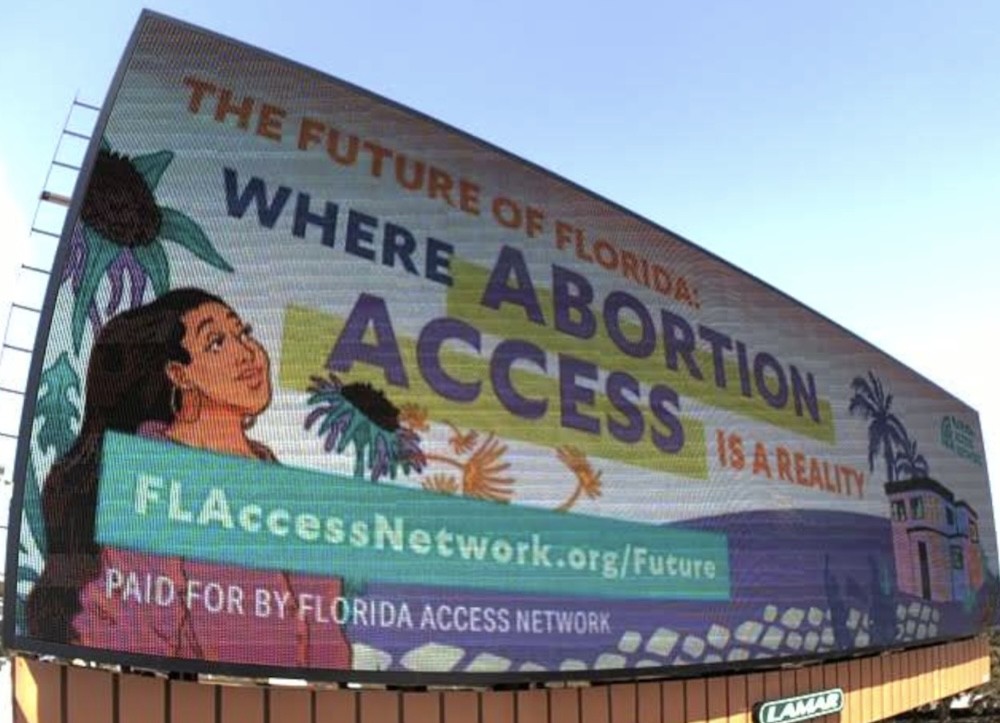
Florida abortion funds have experienced a surge in donations following the defeat of Amendment 4, which would have allowed abortions until fetal viability — roughly 24 weeks. Despite this influx of financial support, leaders of these organizations warn that the need for funding and resources will continue to grow as the state’s six-week abortion ban remains in effect.
Bree Wallace, director of case management for the Tampa Bay Abortion Fund, told WUSF that the organization received over $20,000 from about 100 donors in the days after the election.
“People are mad, and when you’re mad, you donate, you get out in your community, you organize, you fundraise,” Wallace said in her interview. While the influx of donations provides a temporary boost, Wallace emphasized the importance of sustained giving to meet the increasing demand for support.
Since the six-week ban was approved by the courts earlier this year, the Tampa Bay Abortion Fund has helped three times as many people travel out of state for abortion care compared to earlier this year when a 15-week ban was in place. Wallace noted that the costs of assisting patients with travel, lodging and appointment fees have grown substantially.
Similarly, Emergency Medical Assistance, an abortion fund based in Palm Beach County, has seen its expenses skyrocket. Executive Director Jessica Hatem told Florida Phoenix last month that the organization is on track to spend $550,000 in 2024, up significantly from $320,000 in 2023.
Although EMA has been able to cover expenses this year, Hatem acknowledged that spending $550,000 annually would be difficult to sustain if Florida’s abortion restrictions remain unchanged. “The money needed to take on this hostile landscape is not there,” Hatem told the Florida Phoenix.
While donations in the wake of the election are a welcomed relief, many abortion funds across the state are concerned about the fleeting nature of such financial support. The initial surge of outrage-driven giving often fades as people’s attention shifts, which may leave these organizations with fewer resources even as the need for assistance continues to grow.
Stephanie Loraine Piñeiro, executive director of the Florida Access Network, emphasized the importance of continued support in a Nov. 6 news release, stating, “Now, more than ever, it’s essential to support the organizations that are working tirelessly to ensure abortion care is accessible to Floridians.”
Florida abortion funds are finding ways to adapt to the challenges posed by the state’s restrictive abortion laws, continuing the fight through various fundraising initiatives. These efforts not only help sustain their work but also raise awareness about the need for accessible care.
For example, on Nov. 30, FAN hosted a fundraiser for reproductive rights alongside a goods drive, demonstrating a focus on both raising money and meeting immediate community needs.
With the six-week ban placing unprecedented strain on these organizations, abortion funds directors are urging supporters to remain committed to the cause. Sustained contributions and active participation are essential to ensuring these groups can continue their work, from funding abortion access to educating communities and advocating for systemic change.